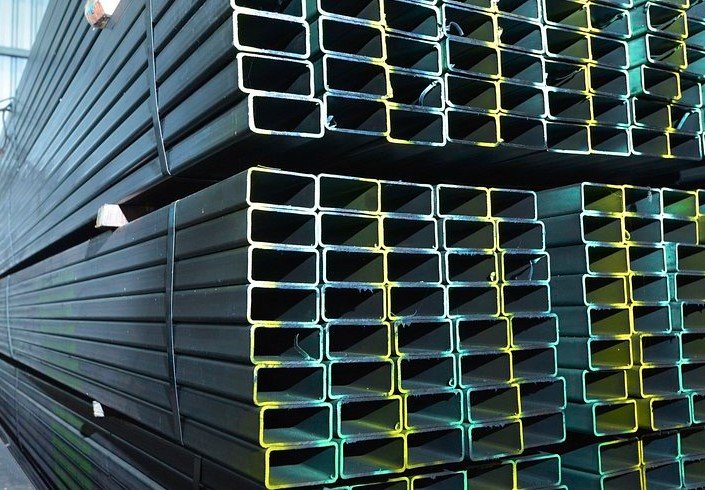The construction industry in Georgia is facing significant cost increases as aggregate prices have surged by 24.6% over the past year. This rise, the 11th highest in the United States, is attributed to a combination of supply chain disruptions, increased demand, and regulatory challenges. Aggregates, which include materials like sand, gravel, and crushed stone, are essential for construction projects ranging from roads to residential buildings. The price hike is expected to impact project budgets and timelines across the state.
Factors Driving the Price Increase
The surge in aggregate prices in Georgia can be traced to several key factors. One of the primary drivers is the ongoing supply chain disruptions that have plagued the construction industry since the COVID-19 pandemic. These disruptions have led to shortages of essential materials, driving up costs as demand continues to outpace supply. Additionally, the increased demand for construction projects, fueled by federal infrastructure initiatives and a booming housing market, has further strained the supply of aggregates.
Another significant factor contributing to the price increase is the regulatory environment in Georgia. Stringent permitting processes and environmental regulations have made it more challenging for aggregate producers to expand operations or open new quarries. These regulatory hurdles have limited the availability of locally sourced materials, forcing construction companies to rely on more expensive imported aggregates. The combination of these factors has created a perfect storm, leading to the sharp rise in prices.

The impact of these price increases is being felt across the construction industry. Contractors are facing higher costs for materials, which in turn is affecting project budgets and timelines. Many projects are experiencing delays as companies struggle to secure the necessary materials at affordable prices. This situation is particularly challenging for smaller contractors who may not have the financial resources to absorb these additional costs.
Economic Implications for Georgia
The rising cost of construction aggregates has significant economic implications for Georgia. One of the most immediate effects is the increased cost of construction projects. Higher material costs are being passed on to consumers, leading to higher prices for new homes and commercial buildings. This trend is contributing to the overall inflationary pressures being felt across the economy, making it more expensive for residents to purchase homes or invest in new construction projects.
The construction industry, a vital component of Georgia’s economy, is also facing challenges as a result of these price increases. Higher costs are squeezing profit margins for contractors and developers, potentially leading to a slowdown in new projects. This slowdown could have a ripple effect on related industries, such as real estate and manufacturing, further impacting the state’s economic growth. The increased costs are also likely to affect public infrastructure projects, as government budgets are stretched to accommodate the higher prices.
Despite these challenges, there are some positive signs for the future. The Georgia Construction Aggregate Association has expressed optimism about the industry’s ability to adapt to these changes. Efforts are being made to streamline regulatory processes and increase the availability of locally sourced materials. Additionally, advancements in technology and construction practices may help mitigate some of the cost pressures by improving efficiency and reducing waste.
Strategies for Mitigating the Impact
In response to the rising aggregate prices, construction companies in Georgia are exploring various strategies to mitigate the impact on their projects. One approach is to increase the use of recycled materials, such as crushed concrete and asphalt, which can serve as substitutes for traditional aggregates. This not only helps reduce costs but also supports sustainability efforts by minimizing waste and conserving natural resources.
Another strategy being employed is the adoption of more efficient construction practices. Companies are investing in advanced technologies, such as 3D printing and modular construction, which can reduce the amount of material needed and speed up project timelines. These innovations have the potential to offset some of the cost increases by improving overall efficiency and productivity.
Collaboration within the industry is also playing a crucial role in addressing the challenges posed by rising aggregate prices. Contractors, suppliers, and government agencies are working together to identify solutions and share best practices. By fostering a collaborative environment, the industry can better navigate the current economic landscape and ensure the continued growth and development of Georgia’s construction sector.
